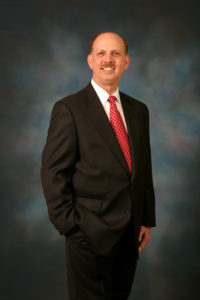From the archives: From the archives: Are You Applying for a Dental or Health Professional License? Read Our Helpful Tips
Previously published on October 6, 2022
Previously published on July 12, 2021
 By George F. Indest III, J.D., M.P.A., LL.M., Board Certified by The Florida Bar in Health Law
By George F. Indest III, J.D., M.P.A., LL.M., Board Certified by The Florida Bar in Health Law
The process of obtaining a dental or health professional license can be challenging and time-consuming. When seeking initial licensure or applying for a license in another state, you should be aware of delays in the application process due to the investigation of credentials and past practice, as well as the need to comply with licensing standards.
Here is a List of Examples That Would Delay […]


 By George F. Indest III, J.D., M.P.A., LL.M., Board Certified by The Florida Bar in Health Law
By George F. Indest III, J.D., M.P.A., LL.M., Board Certified by The Florida Bar in Health Law

 By George F. Indest III, J.D., M.P.A., LL.M., Board Certified by The Florida Bar in Health Law
By George F. Indest III, J.D., M.P.A., LL.M., Board Certified by The Florida Bar in Health Law